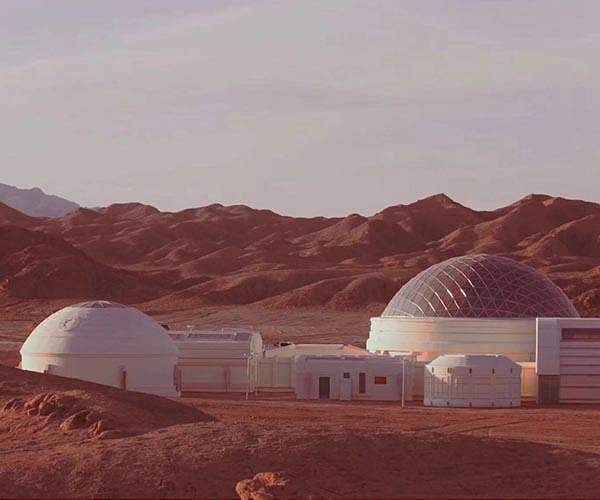25.08.2024

One day soon we may have long-term orbiting colonies circling the planet in microgravity space stations with complete, self-sustained ecosystems, governance bodies and a completely independent society that operates as a sovereign entity.
The relationship between on-Earth societies and colonists would likely be complicated. Several factors would shape this relationship, including the very different living environment, economic dependencies, cultural differences, governance structures, and technological advancements. Let's speculate on these differences.
In terms of economics, we can expect a dependance on space colonies for resources such as minerals from asteroids and energy from large solar arrays. Conversely, the colonists would rely on Earth for technological support, food, and other essentials.
There would be trade agreements related to economic interdependence that might lead to disputes over tariffs, trade routes, and resource allocation. There would be a divergence in identity, because the colonists would develop distinct cultural attributes reflecting a sense of separation from Earth, differences in lifestyle, and unique environmental conditions.
Ultimately, colonies would likely seek governance autonomy from Earth, leading to a variety of negotiations or possible conflicts. Earth-based governments might resist this to maintain control over strategic assets.
As a result, colonists would demand political representation in Earth-based governance structures, potentially leading to the establishment of new political bodies or the adaptation of existing ones to include colonial interests. One complication might be related to technologies developed by colonists. For example, colonies might develop unique technologies suited to their environment, potentially giving them an edge over Earth in certain areas. Such a situation might lead to competition or collaboration in many cases.
Over generations, space colonists might physically and psychologically adapt to their environment in ways that significantly differ from Earth's inhabitants. This could affect everything from health policies to social norms.
Colonists might prioritize sustainability and environmental concerns differently than people on Earth, leading to conflicting approaches to resource use and environmental protection. Hopefully, Earth and space colonies will maintain a cooperative relationship, characterized by mutual respect, beneficial trade, and shared governance structures. Disputes may be resolved through diplomacy and international organizations.
On the other hand, rising tensions over autonomy, resource allocation, and cultural differences might lead to frequent conflicts. Earth-based governments might impose strict controls, leading to resistance and possible declarations of independence by colonies.
The bottom line is that the political relationship between Earth and long-time space colonists would likely evolve through stages of cooperation, conflict, and possibly eventual integration or independence, driven by economic, cultural, and technological factors.
Quelle: SD
